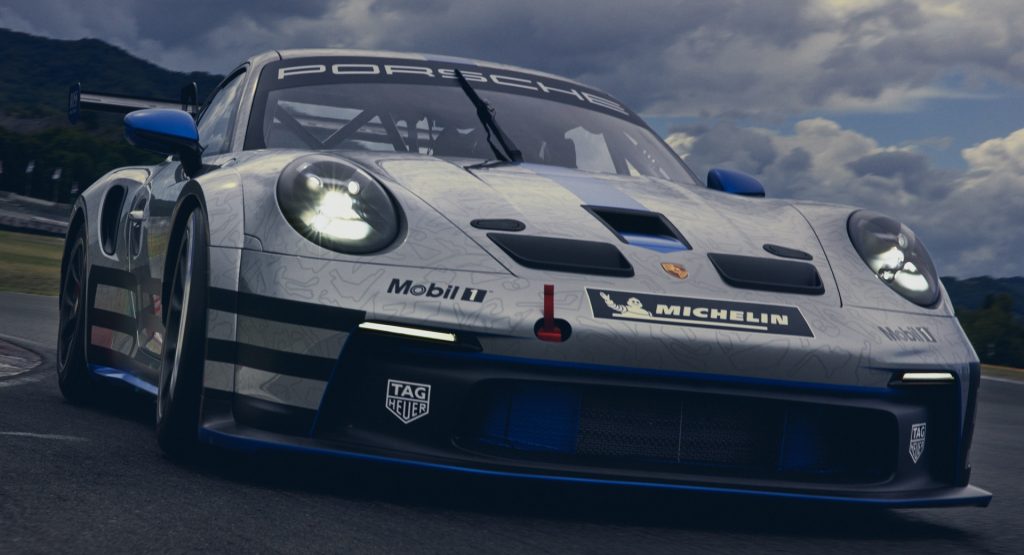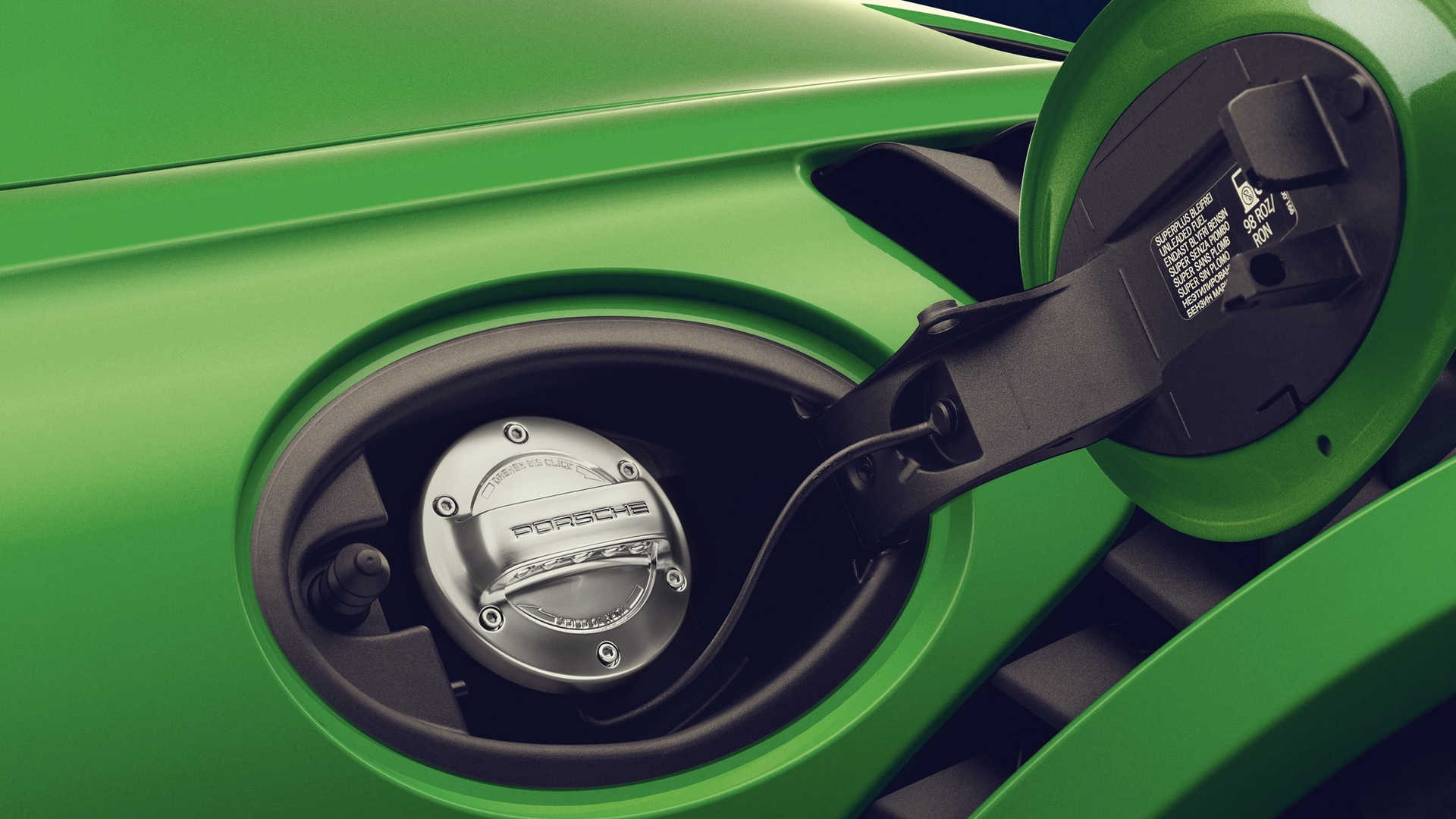One of the benefits of being so involved in racing that you have your own single-make racing series is that you practically have a laboratory for testing new technologies. Porsche intends to make use of that lab for testing its eFuel.
Along with ExxonMobil, Porsche will run a full race season using synthetic fuel. In fact, the first test took place yesterday, March 30, at the Zandvoort track in the Netherlands.
The fuel, along with other lubricants and advanced plastic parts that can reduce fuel usage will be tested in the Porsche Mobil 1 Supercup series during the 2021 and 2022 seasons.
“Our continued collaboration on renewable and eFuels is a critical step in assessing the technical capability and commercial viability of fuels that can significantly reduce emissions,” said Andy Madden, VP of strategy for ExxonMobil.
Read Also: Porsche Thinks Its Synthetic Fuel Could Make Combustion Cars As Green As EVs
The fuel being run this season will primarily be a blend of biofuels specially formulated for racing. Porsche and ExxonMobil will use data from this test in order to help create a second-generation of race fuel that will be even better. They hope to have a synthetic racing fuel made from hydrogen and captured carbon dioxide ready for the 2022 season. This, they believe, will emit 85% fewer greenhouse gasses than traditional fuel.
“The collaboration with ExxonMobil enables us to test the eFuels under demanding conditions on the race track,” said Michael Steiner, Porsche’s head of R&D. “This is a further step towards making eFuels an affordable and lower greenhouse gas emission substitute to conventional fuels.”
Porsche’s eFuel will be prepared in Chile and the automaker expects 130,000 liters, which will be used in the racing series, among other applications, to be produced in 2022.
Synthetic fuels are of particular interest to Porsche because they offer a low-impact way of keeping its legacy combustion cars on the road with no modifications. Although the brand is committed to electrifying its lineup, it has also argued that eFuels could be as green as EVs if the whole life cycle of the vehicle is considered.






